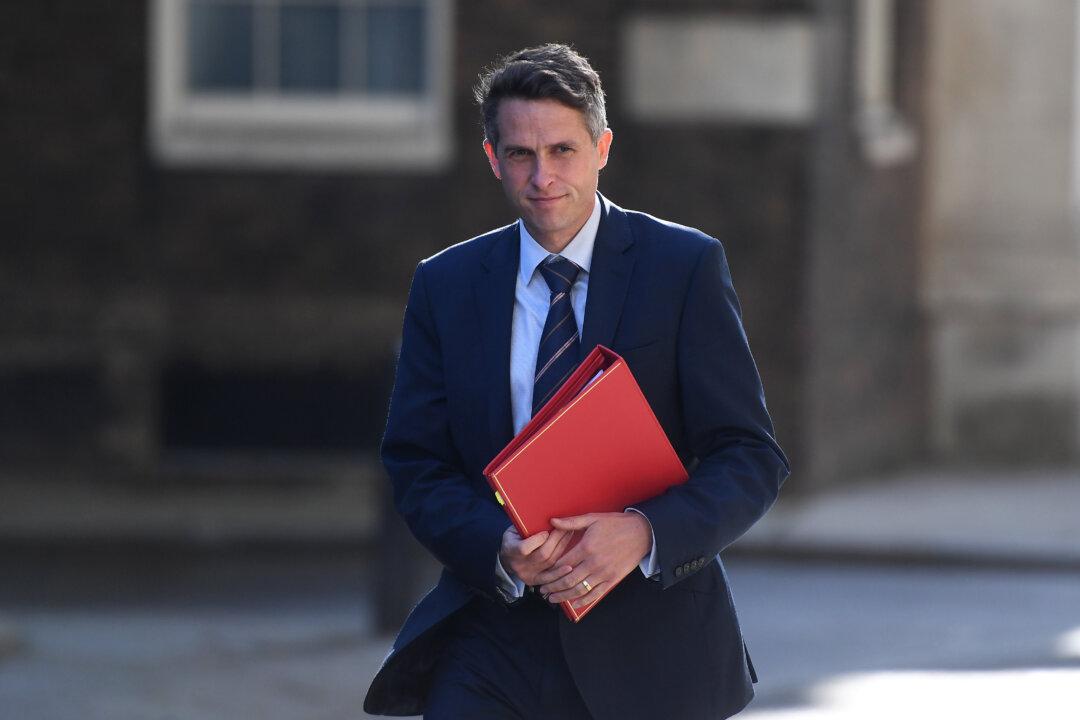The UK government has outlined proposals to bolster free speech protections on university campuses where it says there is a “chilling effect” on staff and students who hold certain political or religious views.
The measures include a “Free Speech Champion” with the power to investigate and redress infringements, a legal requirement to actively promote free speech, as well as financial compensation through courts for those who are ousted over their views.





